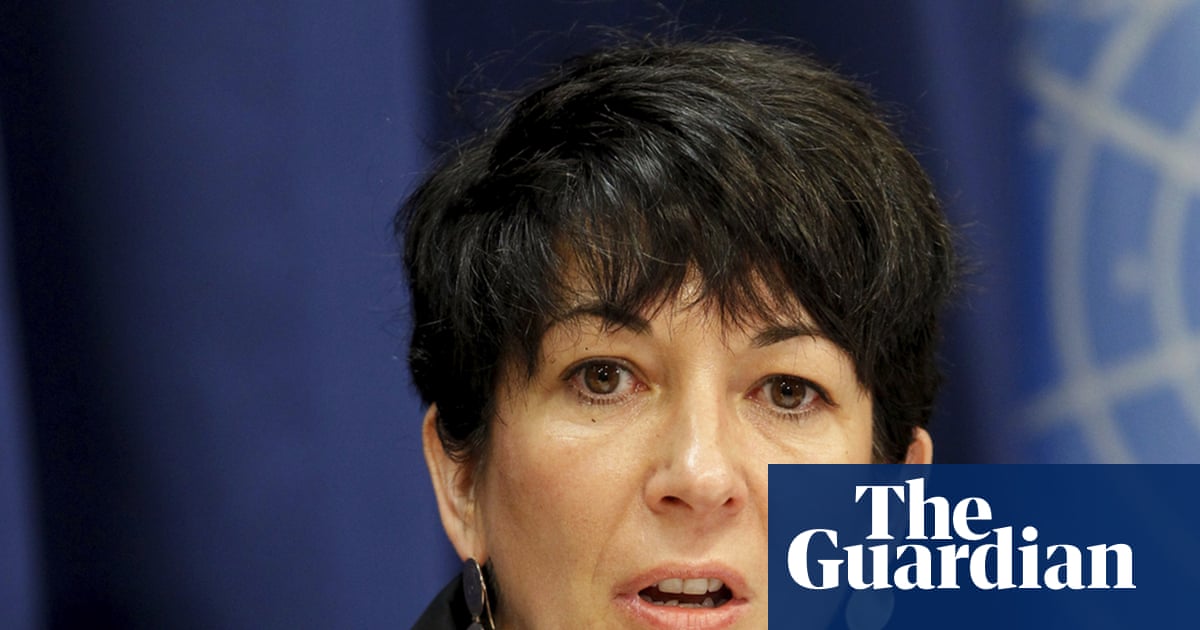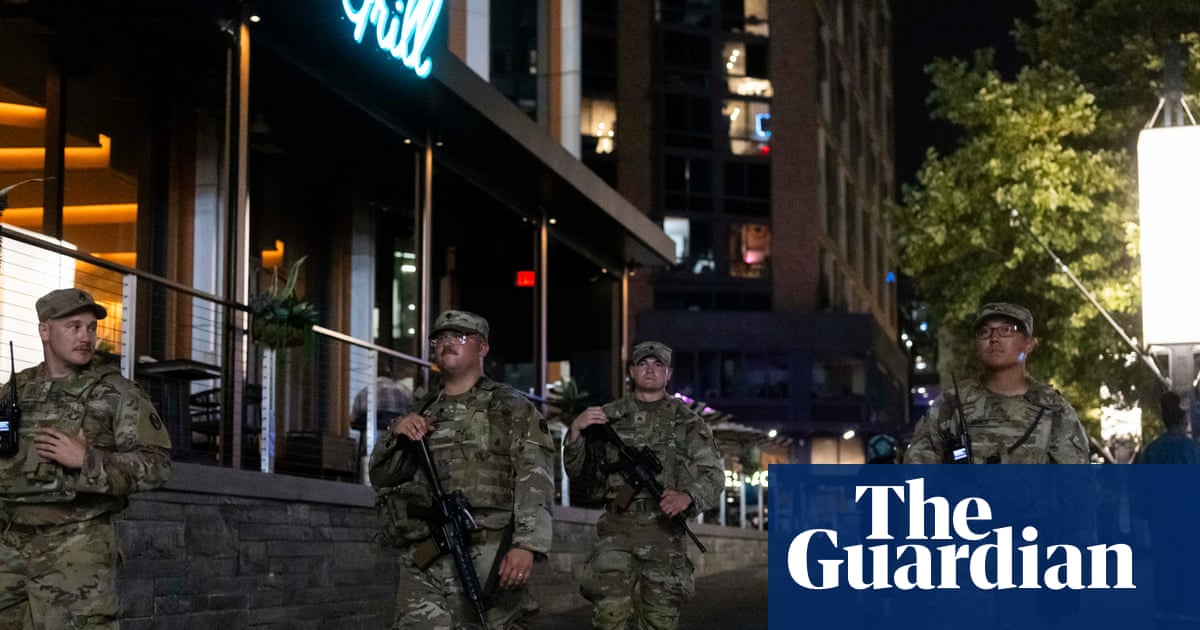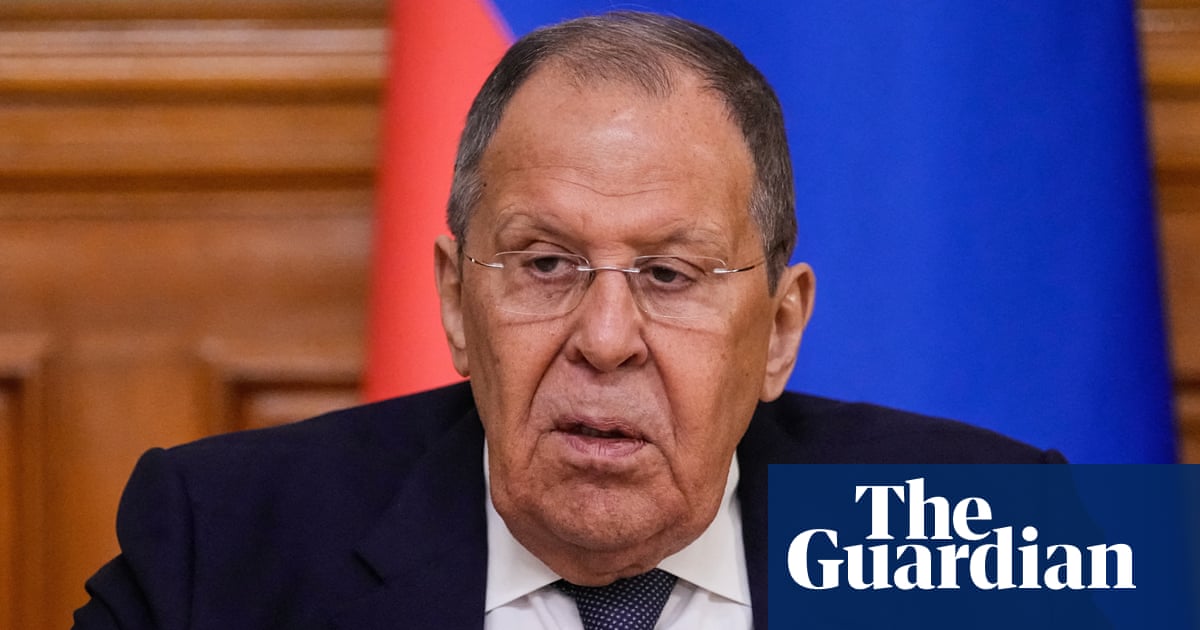Keith Serry was set to bring a show to New York City’s Fringe festival this year, but pulled the plug a few weeks out. After 35 years of traveling to the United States, he says he no longer feels safe making the trip.
“The fact that we’re being evaluated for our opinions entering a country that, at least until very recently, purported to be an example of democracy. Yeah, these are things that make me highly uncomfortable,” said Serry, a Canadian performer and attorney.
“You’re left thinking that you don’t want to leave evidence of ‘bad opinions’ on your person.”
Serry is among a substantial cohort of foreign nationals reconsidering travel to the US under the Trump administration, after troubling reports of visitors facing intense scrutiny and detention on arrival.
In March, a French scientist who had been critical of Donald Trump was refused entry to the US after his phone was searched. An Australian writer who was detained and denied entry in June said he was initially grilled about his articles on pro-Palestinian protests, and then watched as a border agent probed even the most personal images on his phone. He was told the search uncovered evidence of past drug use, which he had not acknowledged on his visa waiver application, leading to his rejection. German, British and other European tourists have also been detained and sent home.
More than a dozen countries have updated their travel guidance to the US. In Australia and Canada, government advisories were changed to specifically mention the potential for electronic device searches.
On the advice of various experts, people are locking down social media, deleting photos and private messages, removing facial recognition, or even traveling with “burner” phones to protect themselves.
In Canada, multiple public institutions have urged employees to avoid travel to the US, and at least one reportedly told staff to leave their usual devices at home and bring a second device with limited personal information instead.
“Everybody feels guilty, but they don’t know exactly what they’re guilty of,” said Heather Segal, founding partner of Segal Immigration Law in Toronto, describing the influx of concerns she’s been hearing.
“‘Did I do something wrong? Is there something on me? Did I say something that’s going to be a problem?’”
She advised travelers to assess their risk appetite by reviewing both the private data stored on their devices and any information about them that’s publicly accessible, and to consider what measures to take accordingly.
US Customs and Border Protection (CBP) has broad powers to search devices with minimal justification. Travelers can refuse to comply, but noncitizens risk being denied entry. CBP data shows such searches are rare; last year, just over 47,000 out of 420 million international travelers had their devices examined. And despite more frequent reports of these encounters, this year’s figures show no significant increase.
“Anecdotally, it seems like these searches have been increasing, and I think the reason why that’s true is, undoubtedly, I think they are more targeted than before,” said Tom McBrien, counsel at the Electronic Privacy Information Center.
“It seems like they are targeting people who they just don’t generally like politically.”
Travelers who are concerned about their privacy should consider minimizing the amount of data they carry, McBrien said.
“The less data you have on you, the less there is to search, and the less there is to collect,” he said. Beyond using a secondary device, he suggested securely deleting data, moving it to a hard drive or storing it in a password-protected cloud account.
A Department of Homeland Security (DHS) spokesperson rejected claims that CBP had stepped up device searches under the new administration or singled out travelers over their political views.
“These searches are conducted to detect digital contraband, terrorism-related content, and information relevant to visitor admissibility, all of which play a critical role in national security,” the spokesperson told the Guardian in a statement.
“Allegations that political beliefs trigger inspections or removals are baseless and irresponsible.”
The statement acknowledged, however, that there had been heightened vetting under Trump and the homeland security secretary, Kristi Noem.
after newsletter promotion
“Under the leadership of the Trump Administration and Secretary Noem, we have the most secure border in American history,” it said. “This has allowed CBP to focus to actually vet and interview the people attempting to come into our country.”
Alistair Kitchen, the Australian writer who was denied entry to the US in June, said the DHS’s denial of political targeting directly contradicts what he was told on arrival.
Border officials “bragged actively that the reason for my targeting, for my being pulled out of line for my detainment, was explicitly because of what I’d written online about the protests at Columbia University”, he told the Guardian.
While he doesn’t plan to return to the US under the Trump administration, Kitchen said that if he ever did, he would either not take a phone or bring a burner.
“Under no conditions would I ever hand over the passcode to that phone,” he added. “I would accept immediate deportation rather than hand over the passcode. People should think seriously before booking travel, especially if they are journalists or writers or activists.”
Various foreign nationals told the Guardian they are rethinking travel plans for tourism, family visits, academic events and work.
Donald Rothwell, a professor who teaches international law at the Australian National University, says he no longer plans to accept speaking invitations to the US over fears of being detained or denied entry – which, he noted, could also trigger red flags on his record for future travel.
He’s even considered traveling without a device at all, but is concerned his academic commentary in the media could be used against him regardless.
“I might be commenting on matters that could be quite critical of the United States,” he said. “For example, I was very critical of the legal or lack of legal justification for the US military strikes on Iran in June.”
Kate, a Canadian whose name has been withheld due to privacy concerns, said she has wrestled with complicated decisions about whether to travel across the border to see American relatives, including for an upcoming wedding. During a trip earlier this year, she deleted her social media apps before going through customs.
Despite DHS assurances that travelers are not flagged for political beliefs, she said “it’s hard to believe things that this government is saying”.
“It would be really nice to have trust that those kinds of things were true, and that these kinds of stories that you hear, while absolutely horrific, are isolated incidents,” she said.
“But I do feel like in many ways, the United States has sort of lost its goodwill.”

 German (DE)
German (DE)  English (US)
English (US)  Spanish (ES)
Spanish (ES)  French (FR)
French (FR)  Hindi (IN)
Hindi (IN)  Italian (IT)
Italian (IT)  Russian (RU)
Russian (RU)  6 hours ago
6 hours ago
























Comments